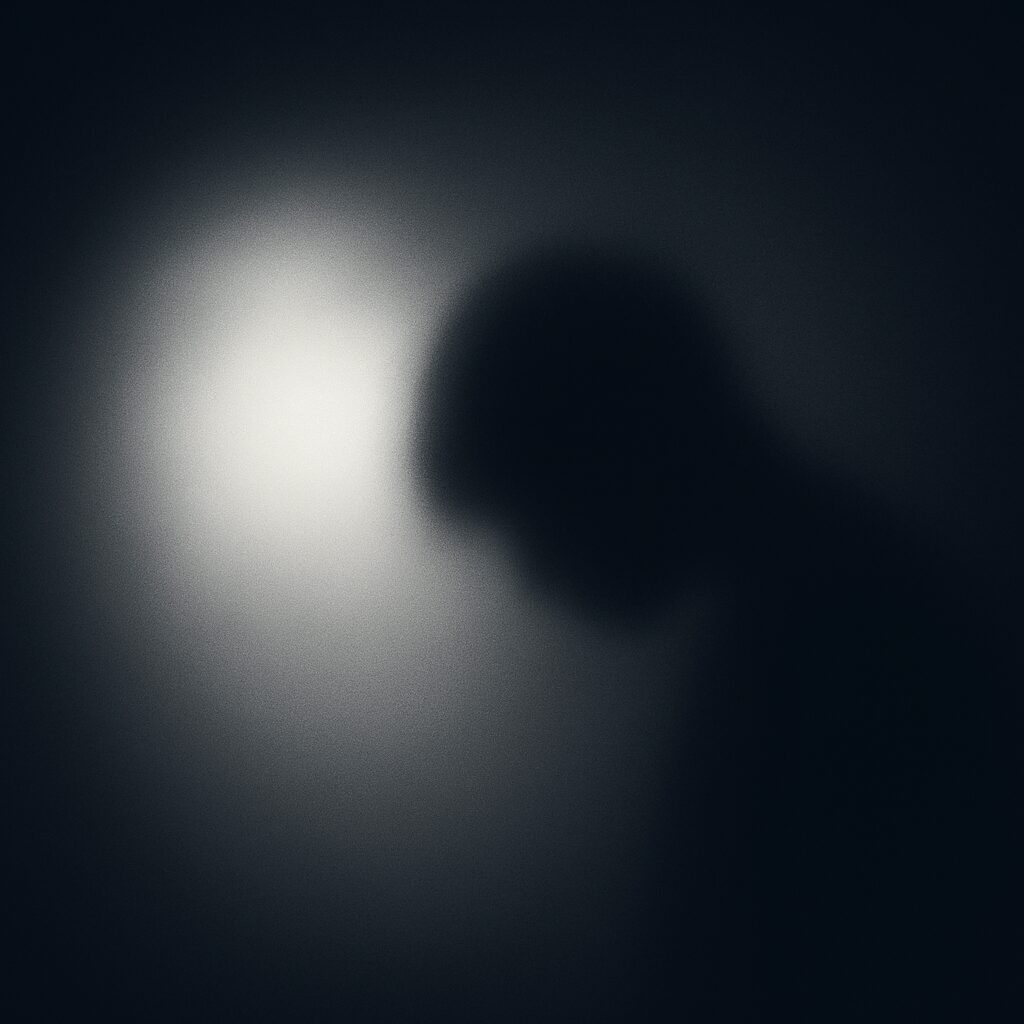I waited to be almost 40 before starting my first novel. Having written novellas, stage plays, and short essays before, I thought I realized how daunting the scope of a full novel would be.
I, in fact had no idea, I just thought I did.
Still, I waited for the right time, when I’d have fewer distractions, better inspiration, and flimsier excuses.
I started writing The Silent Season 21 years into my unrelated tech career, with my 40th birthday coming up, and a three week old newborn baby to help raise.
Much like in the poem “Air and Light and Time and Space” by Charles Bukowski, it took me this long to realize there was no good context and that, If I was ever going to do it, I’d just have to do it.
baby, air and light and time and space
have nothing to do with it
and don’t create anything
except maybe a longer life to find
new excuses
for.
I wrote at night, in between my newborn son’s requests for a bottle or diaper change, shifting my energy as I entered the nursery. I left the bullets and blood at the door and entered to make cooing and shushing noises, hoping to de-escalate the situation before his cries woke up my very tired wife.
I wrote after coming back from the gym, way past midnight, the only time I had it to myself, my training pulling double-duty as a time to think through plot points. I hunched over the keyboard, water still dripping from my hair, hoping the baby monitor hadn’t gone off while I’d forgotten to take it with me in the shower.
I wrote on vacation, I wrote instead of sleeping or working or eating. I wrote in the bathroom and forgot to flush. I wrote instead of going out with friends.
I’ve tested the patience of my wife, a saint who continues to stand by me despite my failings. She more than once caught me, in the middle of our serious conversation, lost in thoughts of bullet counts and dialog mechanics. I’ve tested her patience, and it endured. She is a saint.
I wrote on my phone, walking down the street, congratulating myself for choosing to write in English so I didn’t have to bother with special characters. I bumped against pedestrians and other obstacles, briefly glancing up as I crossed the street.
I wrote on the subway, missing my stop. I wrote in the cab, awkwardly squeezing my laptop screen against the front seat. I wrote on the plane, reminding myself I needed to lose weight because these low-cost economy seats don’t account for a belly and a laptop.
And however good or bad the book comes out in the end, I’m glad I did.
Reading this blog post back, it reads like sacrifice, but I didn’t for one moment feel that was the case. When I was writing, everything else just dimmed. The baby crying, the missed subway stop, someone trying to talk to me. All of it became just background noise to the work.
It wasn’t sacrifice, not for me. It was and is for the people around me, accepting less of me even when I’m there. And that, I’m forever grateful for.
In The Silent Season, the protagonist says:
I love killing people. I love it like other people love dancing, singing, or acting. It feels like making art, driven by hypnotic rhythm and absurd precision. The moment a scene obeys, I become it. Time crawls, sound mutes, and everything falls away, leaving only a canvas. Eventually, the passion you put into it is rewarded with a sense of accomplishment, the knowledge of having created excellence.
I too loved killing people on the page, or creating new ones. Not that it’s for me to say whether I made excellence, I don’t hold myself in such high regard. But Bukowski was right, it seems. It’s surprising, if a little scary, how easily everything else can just mute.

